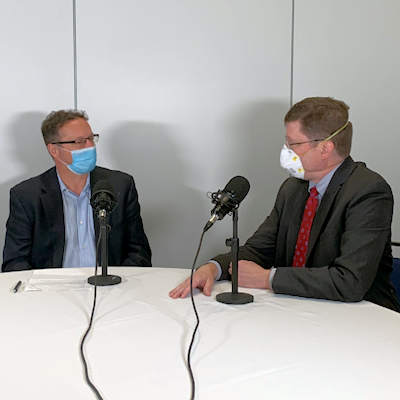 Video from AACC: AACC president on Theranos, VALID Act
Video from AACC: AACC president on Theranos, VALID Act
Dr. Stephen Master, president of the American Association for Clinical Chemistry, provided his thoughts about the main highlights of the 2022 AACC Annual Scientific Meeting & Clinical Lab Expo held this week in Chicago. Read More
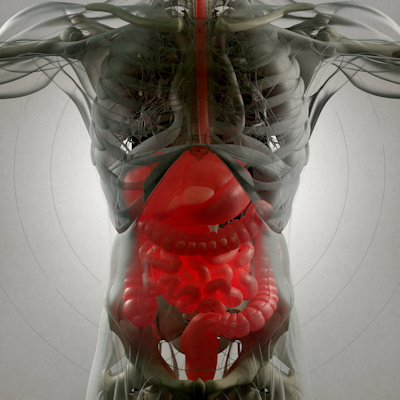 Production technique clears barrier to widespread study of intestinal organoids
Production technique clears barrier to widespread study of intestinal organoids
The aggregation of cells removes variability from the production of small intestinal organoids, clearing a major hurdle to the widespread use of the technologies as a research tool for studying the digestive system, according to a paper published July 28 in Stem Cell Reports. Read More
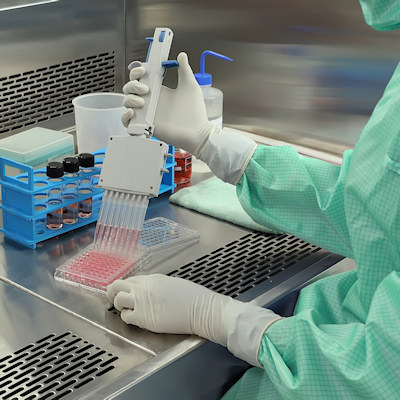 Lipid in cell membrane of gut bacterium linked to effects on immunity
Lipid in cell membrane of gut bacterium linked to effects on immunity
Researchers have found a lipid in the cell membrane of Akkermansia muciniphila that is responsible for the effect of a gut-resident bacterium on immune processes, with the potential to develop drugs that fight disease by piggybacking on the molecular mechanism. Read More
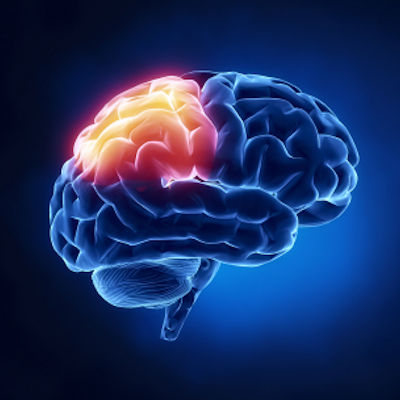 Scientists discover biomarkers associated with acute, chronic phases of TBI
Scientists discover biomarkers associated with acute, chronic phases of TBI
Arizona State University scientists have provided some of the first detailed view of the molecular and cellular mechanisms behind traumatic brain injury (TBI) as the condition progresses from the acute to the chronic phase. Read More
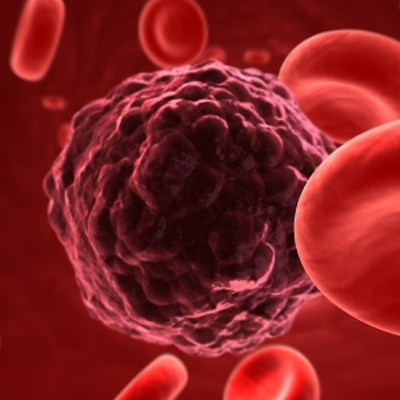 Analysis of nanoparticles, cancer cells could aid development of nanoparticle-based drugs
Analysis of nanoparticles, cancer cells could aid development of nanoparticle-based drugs
Researchers have identified biomarkers that predict whether different types of cancer cells will take up specific nanoparticles, potentially helping to overcome some obstacles to the development of nanoparticle-based drugs. Read More
 Lessons from Operation Warp Speed could benefit future drug discovery
Lessons from Operation Warp Speed could benefit future drug discovery
What lessons can the biotech industry learn from Operation Warp Speed? In an interview with ScienceBoard.net, Debrah Thompson, PhD, of HTG Molecular Diagnostics, discusses how the success of the COVID-19 vaccine rollout could benefit the drug discovery process going forward. Read More
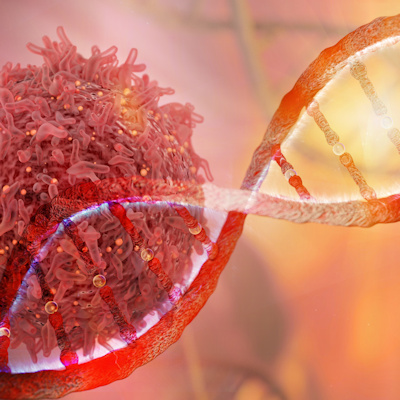 Repetitive DNA linked to cancer formation in study of replication process
Repetitive DNA linked to cancer formation in study of replication process
Researchers have discovered that noncoding "junk" DNA could potentially contribute to the development of cancer. Repetitive DNA sequences can cause replication to stall, triggering a response that is similar to the one induced by DNA damage, according to a study published July 19 in Nature Communications. Read More
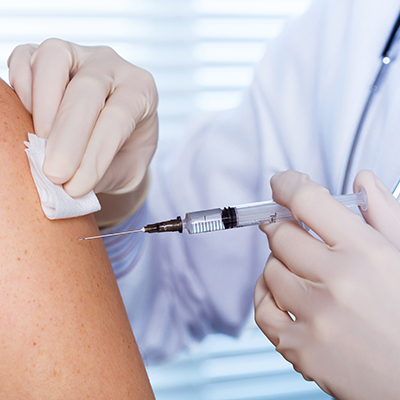 Current COVID-19 boosters provide protections against serious infection: study
Current COVID-19 boosters provide protections against serious infection: study
Despite the evolution of the SARS-CoV-2 pandemic coronavirus, a new laboratory study conducted by a team of international researchers suggests current vaccine boosters may elicit sufficient immune protection against severe omicron-induced COVID-19 disease. Read More
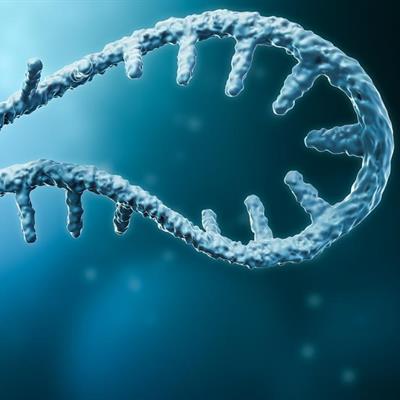 RNA molecules identified as potential ‘common driver’ of cancer progression
RNA molecules identified as potential ‘common driver’ of cancer progression
Moffitt Cancer Center researchers have challenged the widely held view that protein structure and function are the key drivers of cancer development. Their study found competitive endogenous RNA drive melanoma growth and metastasis by blocking the antitumor activity of other molecules. Read More
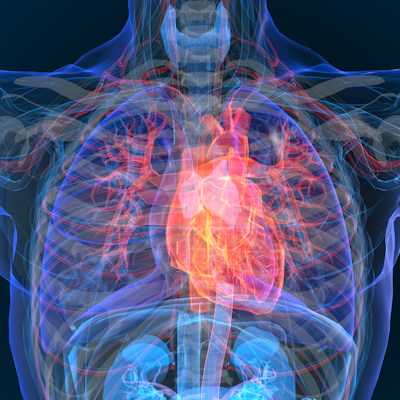 Cardiac mouse model shows role white blood cells play in arrhythmia
Cardiac mouse model shows role white blood cells play in arrhythmia
Feeding mice a diet lacking in potassium induces ventricular tachycardia, a rapid heartbeat, enabling researchers to study how different white blood cell subclasses influence heart rhythms. Read More
Conferences
Science Briefs
Member Rewards
Earn points for contributing to market research. Redeem your points for merchandise, travel, or even to help your favorite charity.
Research Topics
Interact with an engaged, global community of your peers who come together to discuss their work and opportunities.
Connect
Tweets by @ScienceBoard






